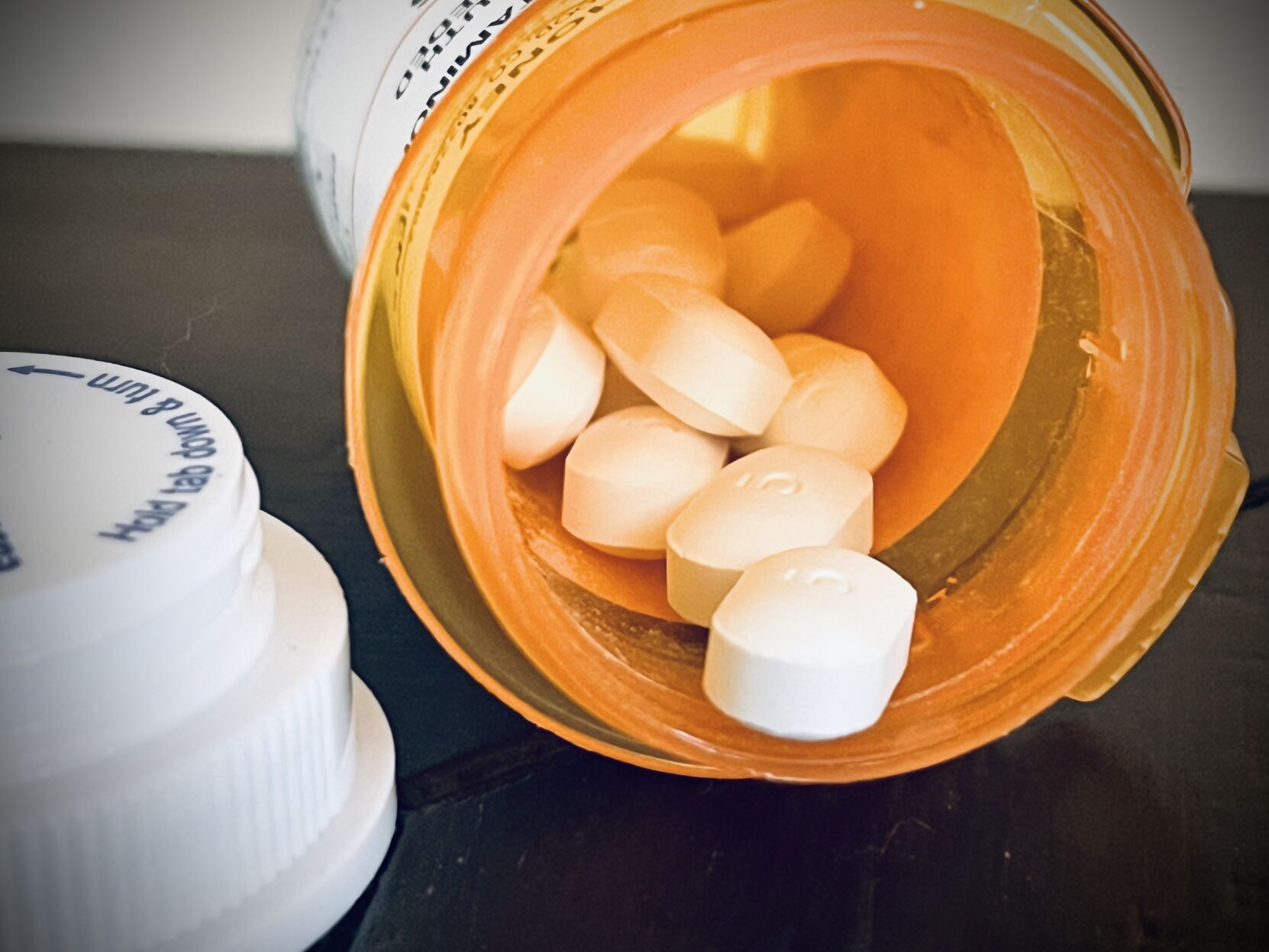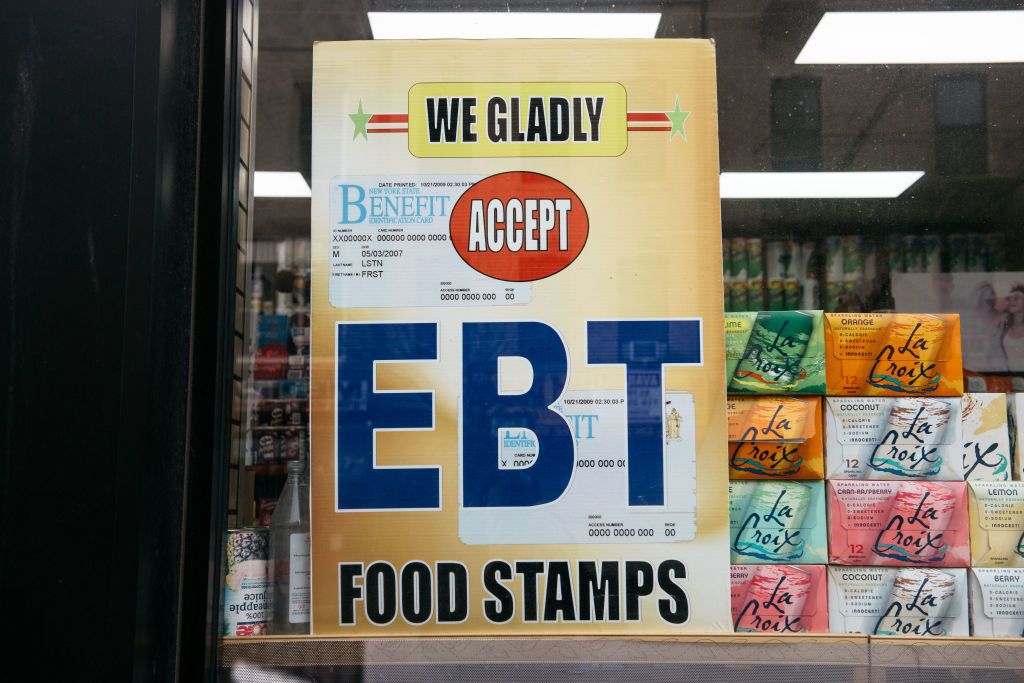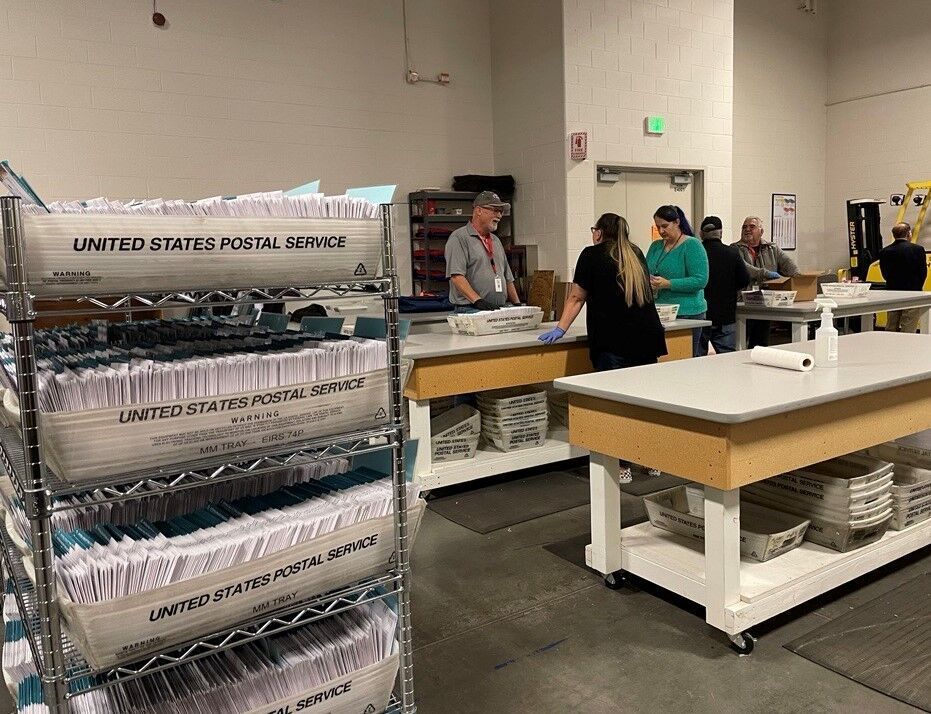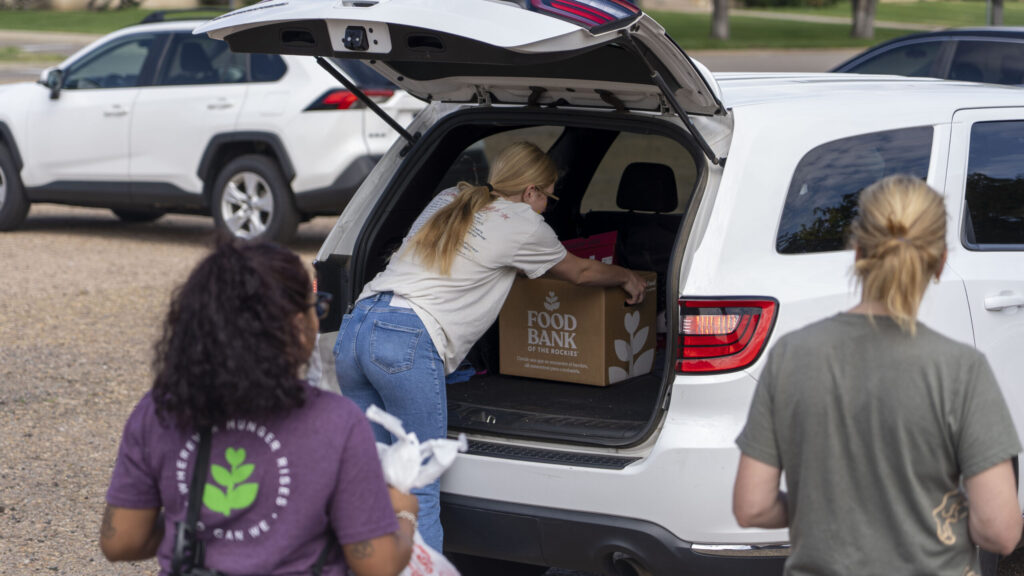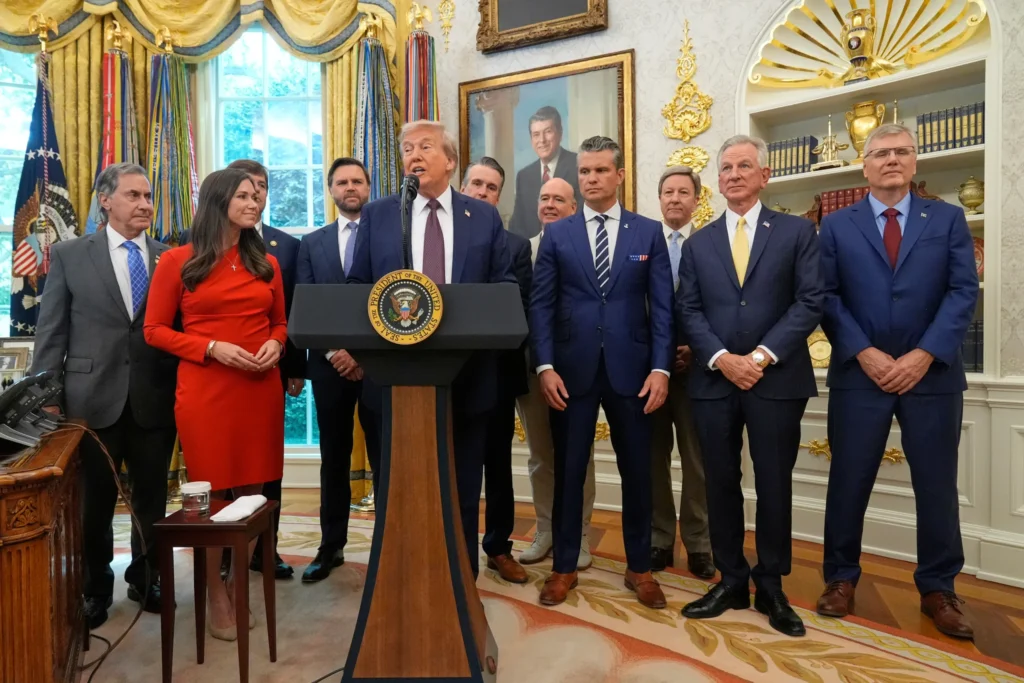Colorado AG secures $270 million opioid settlement with drug makers, pharmacies
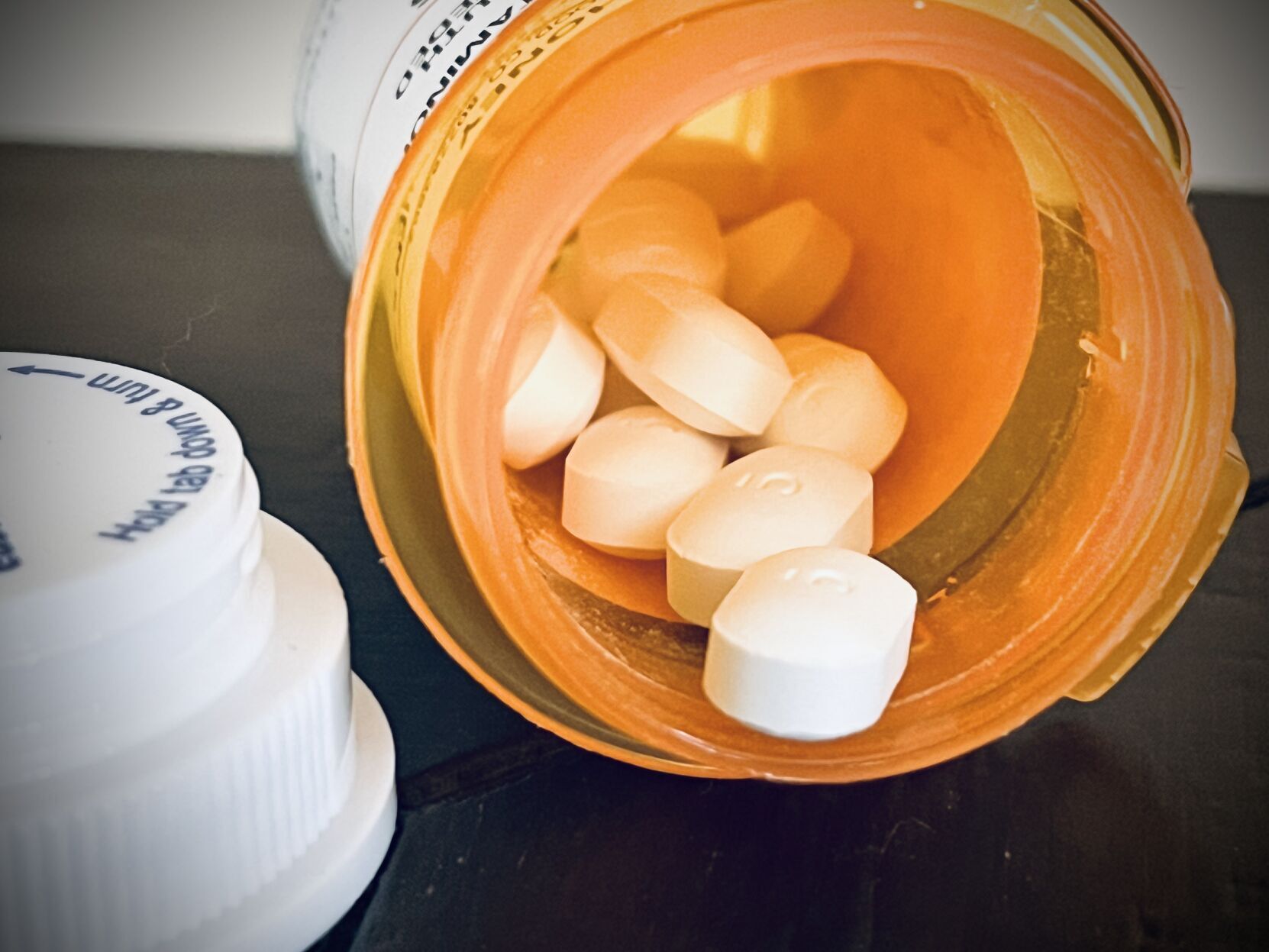
Colorado Attorney General Phil Weiser announced Friday the final approval of $17.3 billion in national opioid agreements with two drug makers and pharmacies.
The state’s portion of the national settlement is $270 million, which Colorado is expected to receive over 15 years starting by the end of 2023.
The settlement is with Teva and Allergan and the nation’s largest pharmacies, CVS and Walgreens.
“Holding the companies that created and fueled the opioid crisis responsible continues to be a top priority for me and my team,” Weiser said in a press release.

“Just like with previous settlements secured by our department and other attorneys general across the country, this money will go directly towards supporting the people and communities in Colorado who continue to battle the harms of drug addiction and misuse.”
Local governments could start receiving payments by the end of the year, according to the Attorney General’s office.
The settlements also prohibit Teva from engaging in opioid marketing and require a system to prevent drug misuse.
Allergan will be required to stop selling opioids for the next 10 years.
CVS and Walgreens agreed to monitor, report, and share data about suspicious opioid prescriptions.
Weiser said he believes these additional provisions will safeguard against repeating the opioid crisis.
These latest agreements are in additional to the roughly $400 million Colorado has already begun receiving from prior opioid settlements.
In total, Colorado is expected to receive more than $700 million from national opioid settlements.
Under the distribution framework, 60% of settlement allocation go directly to the state’s 19 opioid regional councils, which includes Denver.
Opioids have killed more than 8,500 Coloradans over the past two decades.
In 2020 alone, Colorado had roughly 1,500 drug overdose deaths, nearly two-thirds of which were opioids, according to Colorado Health Institute. The 1,500 drug overdoses in 2020 represented a nearly 40% increase over the previous year.
For more information on earlier opioid agreements, visit coag.gov/opioids.
